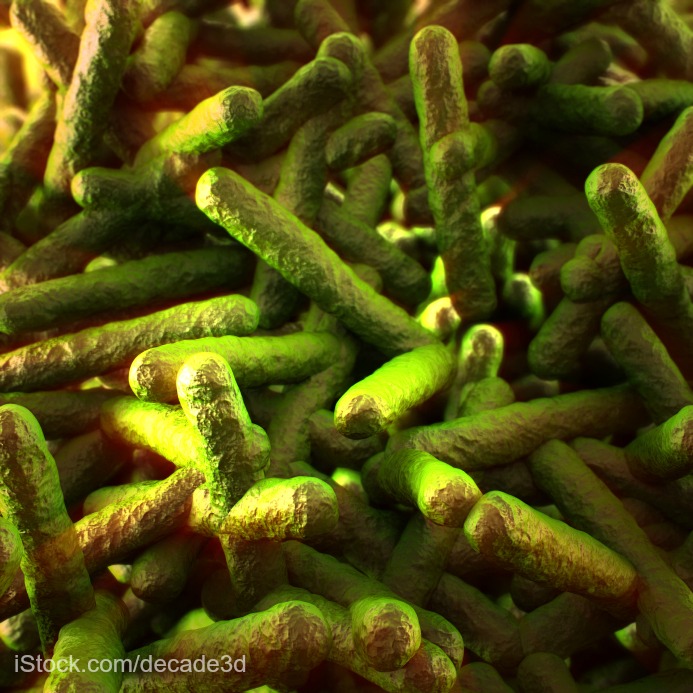The FDA has released information about its investigation into the deadly Listeria monocytogenes outbreak linked to recalled Vulto raw milk soft cheeses. Ouleout cheese from that dairy in Walton, New York has been identified as the “likely source” of the outbreak that has sickened six people in four states. Two of those six people have died.

The FDA, CDC, and state government agencies have been investigating this outbreak since January 31, 2017. Ouleout cheese from Vulto Creamery tested positive for Listeria monocytogenes bacteria in early March, and the company began contacting its customers, asking them to return the product. On March 7, 2017, Vulto recalled that cheese along with Miranda, Heinennellie, and Willowemoc cheese varieties. Then, on March 8, 2017, the FDA was told that tests conducted by the New York State Department of Agriculture and Markets confirmed that Listeria bacteria from samples of Ouleout cheese matched the genetic fingerprint of the bacteria in the outbreak.
The six patients or their families were interviewed by public health officials about the foods they ate the month before they got sick. That time frame was chosen because listeriosis has an incubation period of a few weeks to two months before symptoms start. All of those interviewed said they ate soft cheeses before their illnesses began.
The CDC reports that the six people infected with the outbreak strain of Listeria monocytogenes bacteria live in Connecticut, Florida, New York, and Vermont. Illnesses began on dates ranging from September 1, 2016, to January 22, 2017. The two people who died lived in Connecticut and Vermont.
The Ouleout and Miranda raw milk cheese varieties were sold at nine Whole Foods stores in four states, which recalled those products on March 8, 2017. The stores that are part of the recall are located in Connecticut, Maine, Massachusetts, and New York.
These cheeses were distributed nationwide, although we do not know all of the stores where they were sold. We do know that most of the raw milk cheeses were sold at retail stores in the Northeastern and Mid-Atlantic states and California. And we know they were sold in the cities of Chicago, Illinois, Portland, Oregon, and Washington, D.C.
If you have purchased any of these cheeses, do not eat them. Check to see if these products are in your refrigerator. If you have, throw them away in a secure garbage can, or take them back to the store where you bought them for a refund. You should wash your hands with soap and water after handling these cheeses.
Then wash the inside walls and shelves of your refrigerator, cutting boards, countertops, or any utensils that came into contact with the cheeses. Then sanitize them with a solution of one tablespoon liquid chlorine bleach to one gallon of hot water. Listeria monocytogenes bacteria can grow in the refrigerator. Freezing does not kill this pathogenic bacteria. And the bacteria can cross-contaminate other foods stored in the same area or cut or served on the same utensils.
The symptoms of listeriosis include fever, muscle aches, diarrhea, headache, and stiffness. These symptoms can be similar to the flu. Pregnant women may only feel mildly sick with flu-like symptoms, but listeriosis can cause miscarriage, stillbirth, and premature labor. And their babies can be born infected with this illness. If you ate these cheeses and feel sick, see your doctor as soon as possible.
Pritzker Hageman law firm helps people sickened by food contaminated with Listeria monocytogenes and other pathogenic bacteria get answers, compensation and justice. We protect our client’s legal rights. Our lawyers represent families of children in personal injury and wrongful death lawsuits against grocery stores, food producers, shippers, dairies, restaurants, retailers, and schools. Attorney Fred Pritzker recently won $7.5 million for young client whose kidneys failed after he developed hemolytic uremic syndrome because of an E. coli infection.
Leave a comment if you have a question about this or any other outbreak. We will keep you informed as news breaks.




